In today’s digital age, social media platforms have become an integral part of the marketing strategy for businesses of all sizes.
Social media metrics help businesses measure their performance and effectiveness in reaching their target audience.
Understanding these metrics is essential for businesses to make informed decisions and optimize their social media strategies.
In this guide, we will cover the most important social media metrics that every business should track.
1. Introduction
Social media has become an integral part of our daily lives, and businesses have leveraged its power to reach out to their target audience.
With the rise of social media, the need to track and measure social media metrics has become increasingly important. Social media metrics help businesses to understand their performance, identify areas of improvement, and optimize their strategies to achieve their goals.
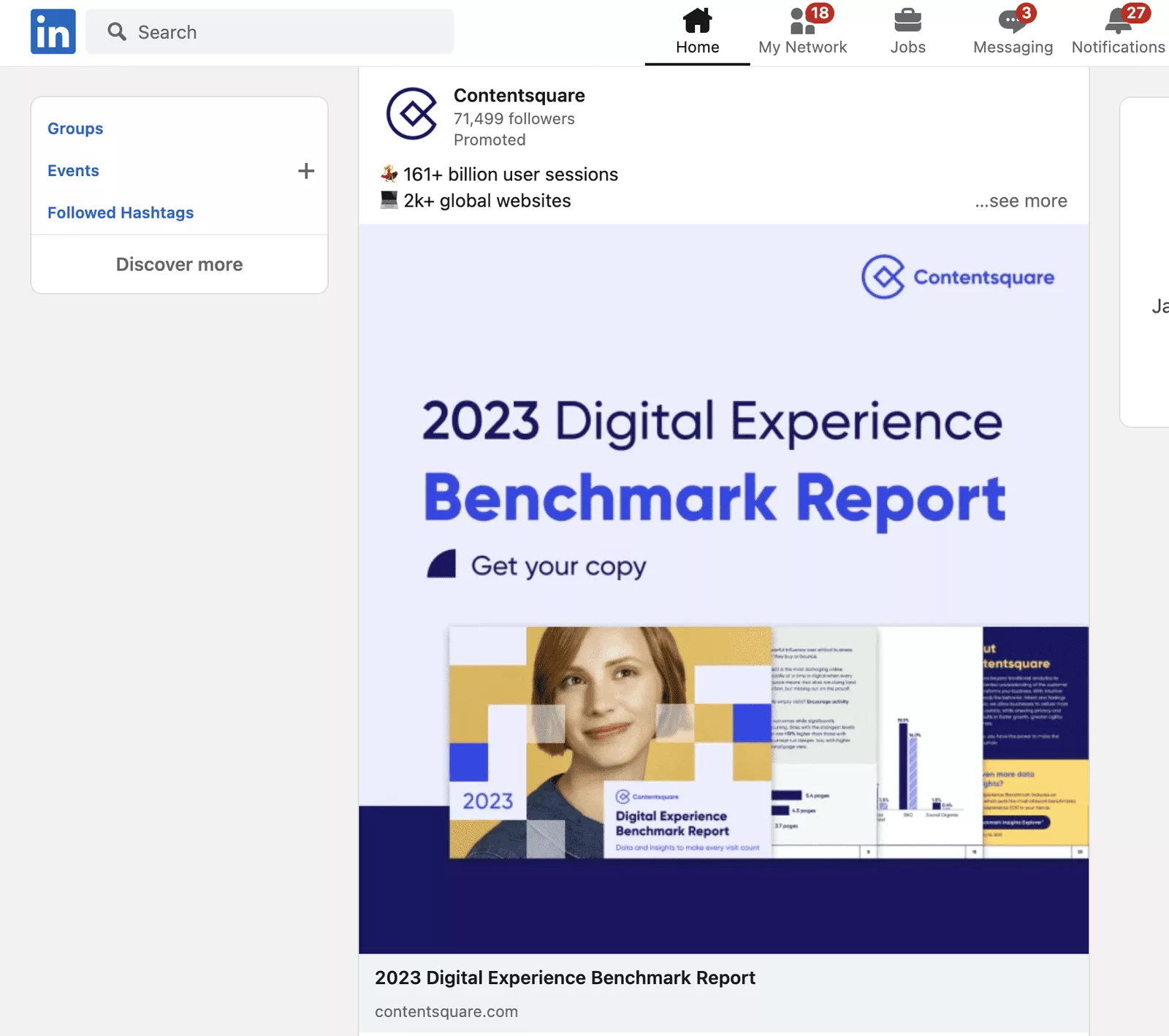
2. Why are Social Media Metrics important?
Social media metrics help businesses to track their performance and measure the effectiveness of their social media strategies. By tracking these metrics, businesses can identify areas for improvement and optimize their strategies to achieve their goals. Social media metrics provide insights into how users are engaging with content, which helps businesses to create more effective and engaging content in the future.
Request Free Review
We start by reviewing your website and then take a look at your current ranking in SERPs.
- Unlock Your Website’s Potential with Our Comprehensive Analysis.
- Outrank Your Competitors with Our Expert Insights and Recommendations.
- Ways for increasing website traffic.
- Get Tailored Recommendations to Achieve Better Results Online.
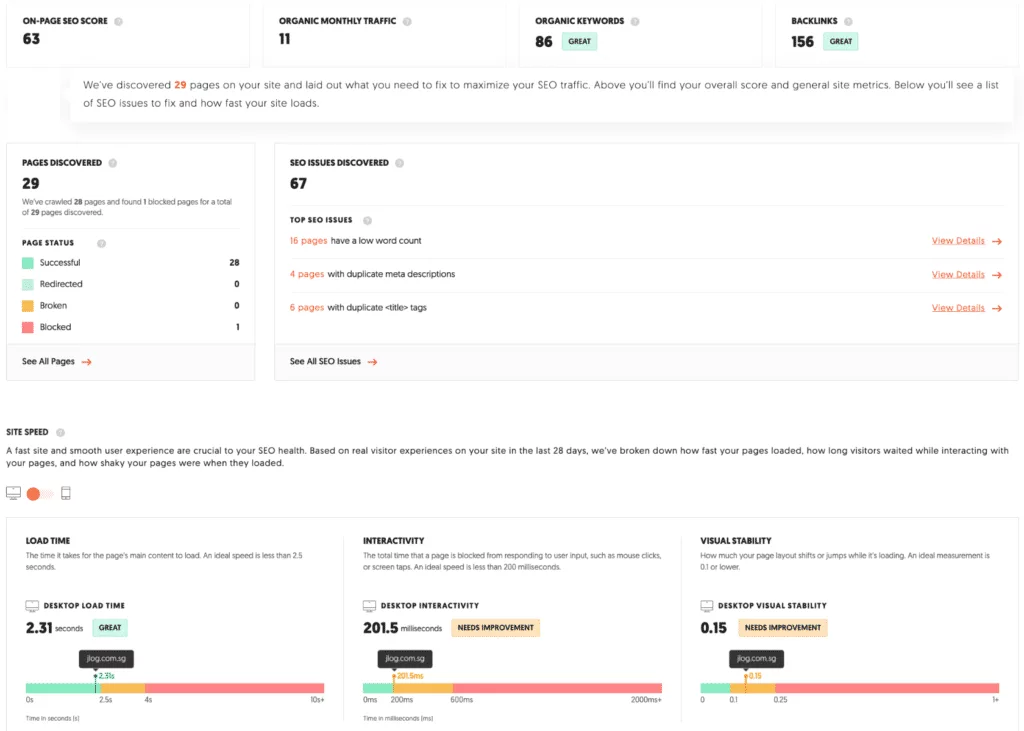
2.1 How to Measure Social Media Effectiveness
Firstly, you should choose the right social media measurement tools for you. You could try Facebook Insights to help you assess your reach, impressions, mentions, and community engagement. Then, you should focus on your key performance indicators (KPIs), which are factors you can assign to track specific goals.
For example, if you want to measure awareness, you could look at metrics like volume, reach, exposure, and amplification. You may also want to track the engagement rate, which tells you how actively involved your audience is with your content.
Finally, measuring online buzz through social media searches can give you a sense of how your brand is being perceived. Remember to stay focused, be strategic, and keep a close eye on your metrics.
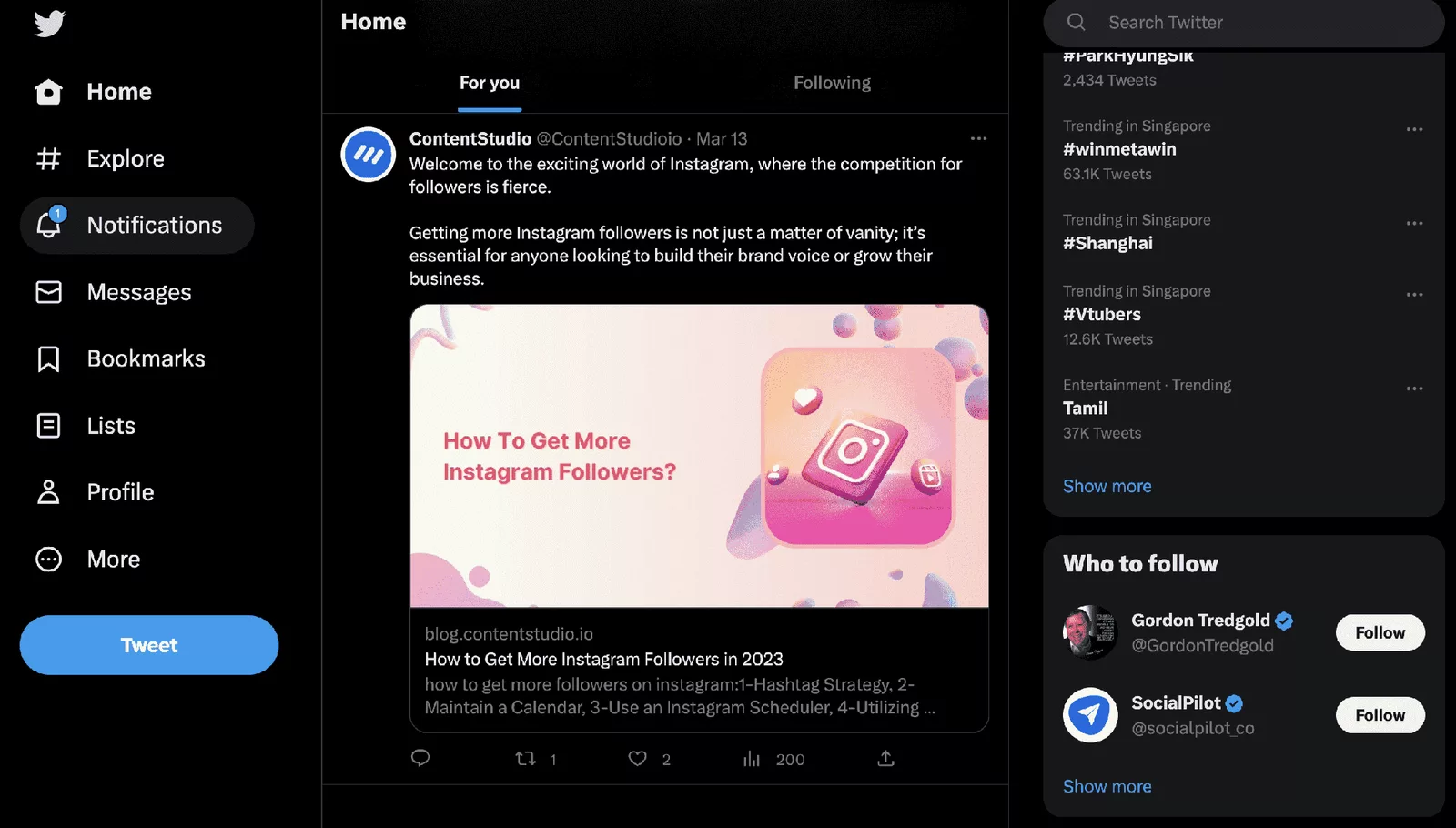
3. Key Performance Indicators (KPIs) in Social Media Metrics
Using Key Performance Indicators (KPIs) in your social media metrics is incredibly important. By using KPIs, you will have a better understanding of how well your social media platforms are performing. These metrics help you identify areas where you’re excelling and areas where you need to improve.
Moreover, you’ll be able to track progress toward your social media marketing goals. By measuring your success against your KPIs, you can see what works best for your target audience and adjust your strategy accordingly.
Ultimately, KPIs help you stay focused and drive better results. So, keep an eye on your KPIs and let them guide your social media marketing efforts.
3.1 Reach
Reach is the total number of unique users who have seen your content. Reach is an essential metric as it measures the potential number of users who have been exposed to your brand or message.
3.2 Impressions
Impressions are the total number of times your content has been displayed to users. Impressions can help businesses to identify which types of content are most popular among their audience.
3.3 Engagement
Engagement measures how users interact with your content. There are several ways to measure engagement:
3.3.1 Likes, Shares, and Comments
Likes, shares, and comments are a measure of how much users are engaging with your content. By tracking these metrics, businesses can understand how users are reacting to their content and identify which types of content are most engaging.
3.3.2 Click-Through Rate (CTR)
CTR is the percentage of users who click on a link in your content. CTR is a measure of how effective your content is at driving users to take action.
3.3.3 Conversion Rate
Conversion rate measures the percentage of users who complete a desired action, such as making a purchase or filling out a form. Conversion rate is an essential metric for businesses to track as it measures the effectiveness of their social media strategies in driving conversions.

3.4 Follower Growth
Follower growth measures the rate at which your social media following is growing. Follower growth is an essential metric as it measures the effectiveness of your social media strategies in attracting new followers.
3.5 Sentiment Analysis
Sentiment analysis is the process of analyzing user comments to determine the overall sentiment towards your brand or message. Sentiment analysis can help businesses to identify areas where they need to improve and respond to negative feedback.
3.6 Customer Lifetime Value (CLV)
Customer lifetime value measures the total value a customer brings to a business over their lifetime. This metric is important as it helps businesses to identify the most valuable customers and develop strategies to retain them.
4. Tools to measure Social Media Metrics
There are many tools available to businesses to measure their social media metrics. These tools can help businesses to track and analyze their social media performance, identify areas for improvement, and optimize their strategies.
Some popular social media analytics tools include Hootsuite, Buffer, Google Analytics, and Sprout Social.
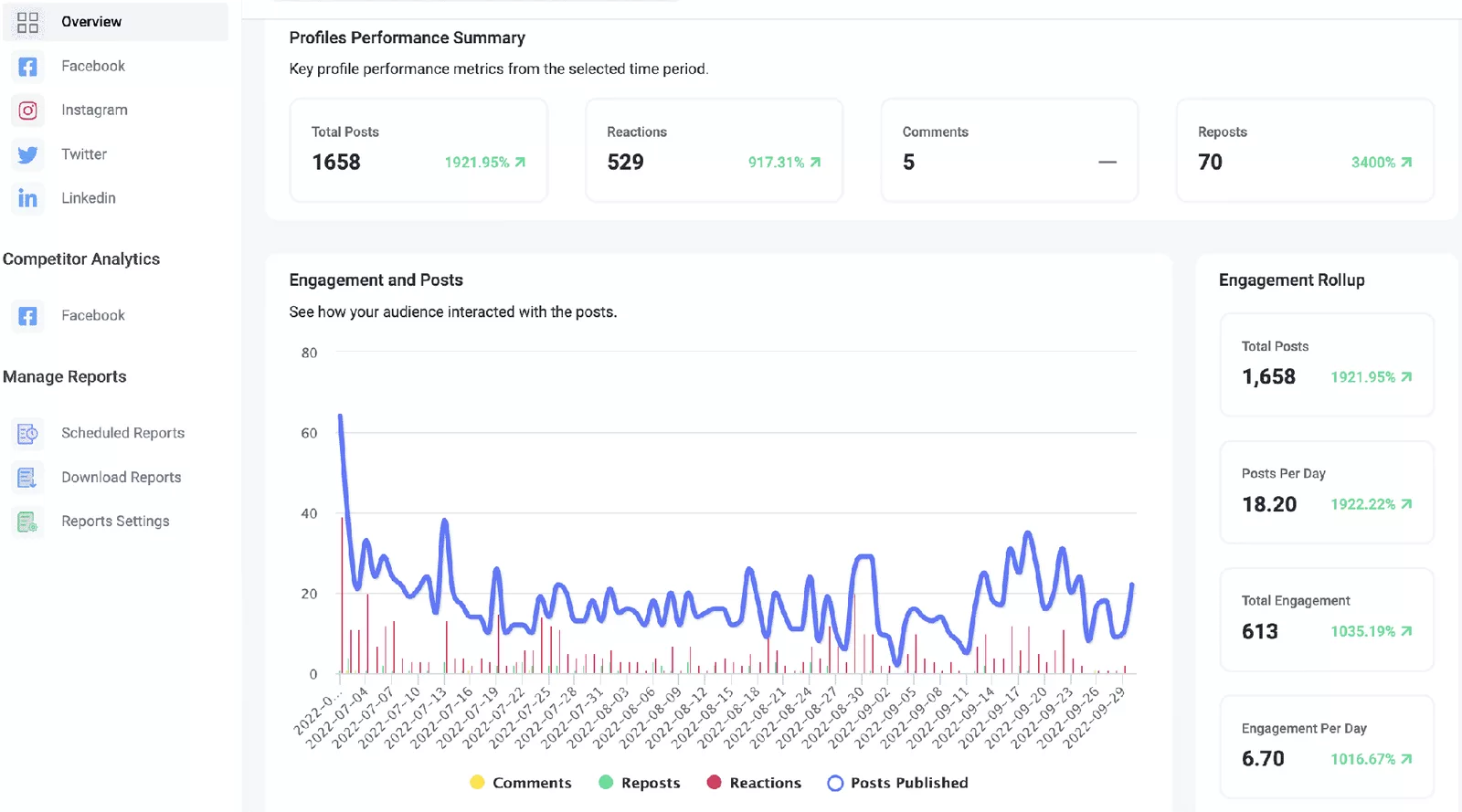
5. How to Use Social Media Metrics to Improve Your Strategy
Well, let me tell you something – social media metrics are the answer! By analyzing data such as engagement, impressions, reach, share of voice, referrals, and conversions, you can see how well your strategy is performing in terms of reaching your marketing goals.
This will show you whether your efforts and money are being well spent. It’s important to pay attention to these metrics to determine how to improve your strategy. For instance, if you want to see your content conversions, head on over to Google Analytics and set up a goal in the Admin screen beforehand.
Also, don’t forget about the importance of measuring awareness with metrics like volume, reach, exposure, and amplification.
Lastly, engagement is a key metric to follow, which measures the number of actions people took on your post such as clicks, shares, comments or reactions. With all this in mind, you’ll be well on your way to improving your social media strategy and achieving your marketing goals.
5.1 Analyze Your Performance
The first step in using social media metrics to improve your strategy is to analyze your performance. By analyzing your social media metrics, you can identify which types of content are most engaging, which platforms are driving the most traffic, and which campaigns are most effective.
5.2 Identify Areas for Improvement
Once you have analyzed your performance, you can identify areas for improvement. For example, if your engagement rate is low, you may need to focus on creating more engaging content. If your conversion rate is low, you may need to optimize your website or landing pages.
5.3 Set Goals and Objectives
Based on your analysis and areas for improvement, you can set goals and objectives for your social media strategy. Your goals should be specific, measurable, and achievable within a set timeframe.
5.4 Optimize Your Strategy
Finally, you can optimize your social media strategy based on your goals and objectives. This may involve creating new content, targeting new audiences, or using new platforms.
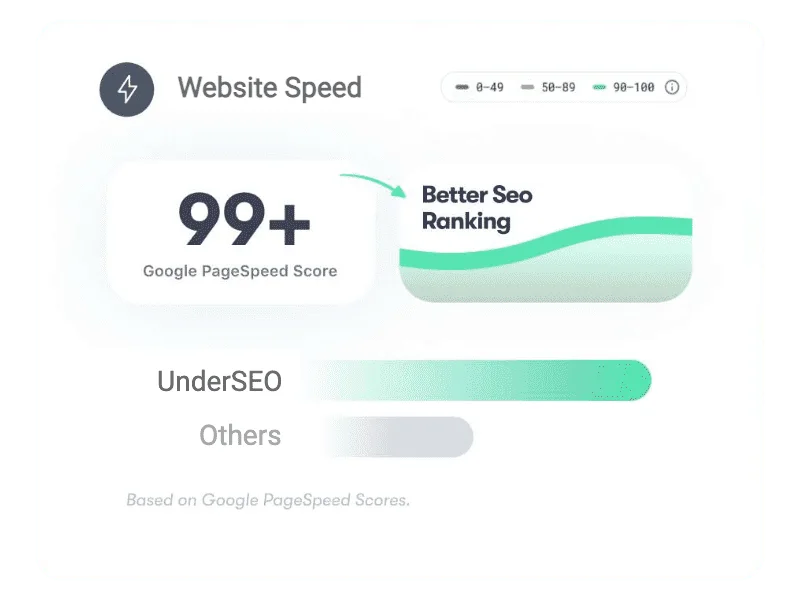
Need Some Help?
SMM Guide: The Ultimate Guide to Social Media Metrics
6. Conclusion
Social media metrics are essential for businesses to measure their performance and effectiveness in reaching their target audience. By tracking and analyzing these metrics, businesses can identify areas for improvement and optimize their social media strategies to achieve their goals.



